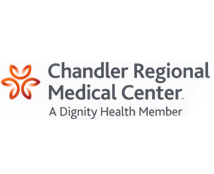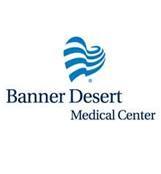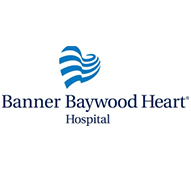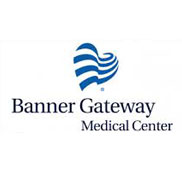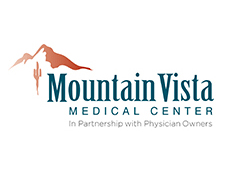High Cholesterol
What is high cholesterol and how does it impact your health?
Cholesterol itself is not harmful. Cholesterol is a substance found in your blood, and is needed to build healthy cells. Having excessively high cholesterol can, however, increase the risk of your suffering a heart disease. Attached to proteins, cholesterol is carried through your blood. This combination of proteins and cholesterol is called a lipoprotein.
There are different types of lipoprotein: low-density lipoprotein (LDL), the “bad” cholesterol which can build up on the inner walls of your arteries, making them hard and narrow; very-low-density lipoprotein (VLDL) which has the ability to make blood vessels more narrow; and high-density lipoprotein (HDL), the “good” cholesterol, which helps maintain good health by picking up excess cholesterol and taking it back to your liver.
What causes high cholesterol?
Genetics, smoking, inactivity, obesity and poor diet contribute to the occurrence high cholesterol.
Is high cholesterol dangerous?
If you have high cholesterol, you may develop fatty deposits in your blood vessels. Eventually, these deposits make it difficult for sufficient blood to flow through your arteries. Your heart may not get as much oxygen-rich blood as it needs. This can increase your risk of a heart attack. If this same blockage occurs in an artery of the brain, you may develop a stroke.
What are the common signs and symptoms of high cholesterol?
High cholesterol has no signs or symptoms. A blood test is the only way to detect high cholesterol. Ask your doctor for a baseline cholesterol test once you reach the age of 20 and then have your cholesterol retested at least every five years.
Who is at risk of high cholesterols?
Those predisposed to high cholesterol may have a family history of high cholesterol, heart disease or other risk factors, such as, diabetes, smoking or high blood pressure.
How is high cholesterol treated?
If your blood test results indicate your cholesterol is not within desirable ranges, your doctor may recommend you increase the frequency of your cholesterol-level testing. Reducing fat in your diet is recommended to reduce total blood cholesterol as well as LDL, the bad kind of cholesterol. For those who have very high cholesterol levels, diet alone is often unable to achieve the desired lowering of LDL.
In that case, lipid-lowering medications to reduce cholesterol production or absorption are usually utilized. If needed, other treatments including surgery may be performed for particularly severe types of high-cholesterol complications.
Is high cholesterol a common condition?
According to the Centers for Disease Control and Prevention, one in every six adults — or 16.3% of the population — has high cholesterol levels.






